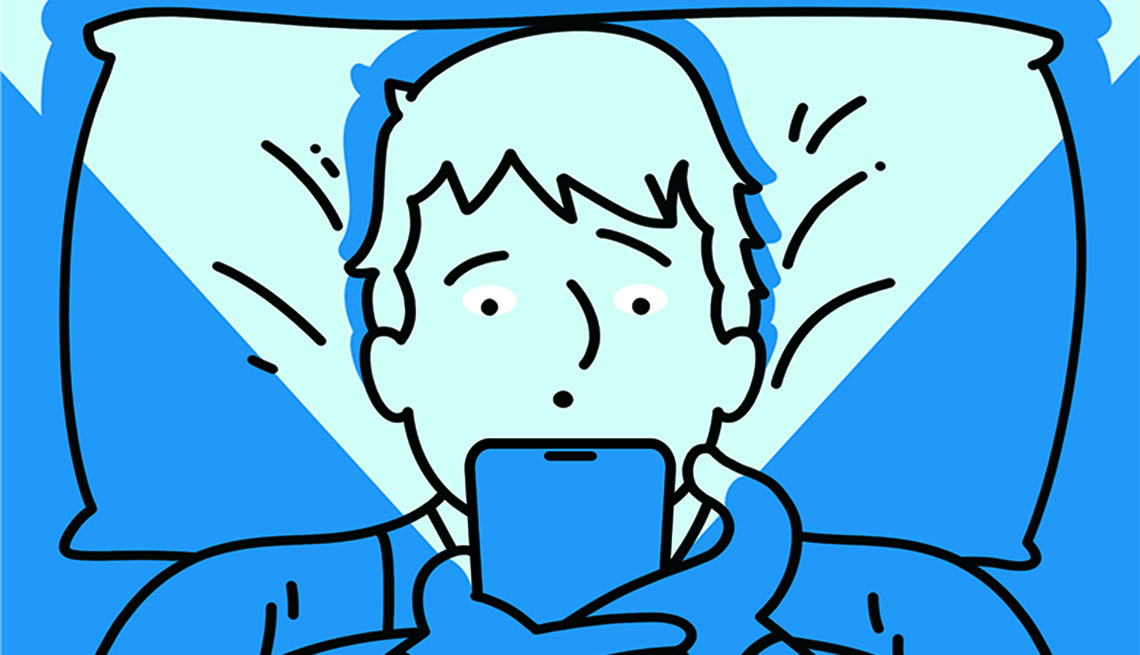Dental Concerns? Here's What Can You Do During This Time of Social Distancing
Written by Dr.Michelle Soares-McCarthy
With the current & ever-changing global crisis resulting from novel coronavirus (Covid-19) we have been instructed to:
- Stay and work from home if possible
- Avoid public spaces and stay at least 6 feet away from others if you must leave home eg. for food or medication
- Wash your hands often with soap & water/or alcohol-based hand rub
- Cough or sneeze into your elbow or a clean tissue
- Regularly disinfect high touch areas eg. doorknobs, phones
Do you have any questions about your mouth?
Talk to your Dentist or Dental-Care Provider. We're here for you.
Do's and Don'ts at home
-
Eat Healthy Food
Increased worries often means increased poor food choices.
- Avoid the urge to binge on overly salty, high calorie, low nutrition foods.
- Avoid sugary, sticky foods and drinks that stick to teeth & can cause cavities
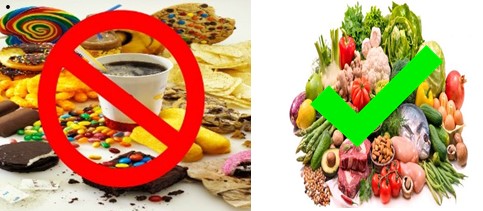
-
Don't Rush Your Brush
- Brush your teeth and your tongue with a soft toothbrush & toothpaste, 2-3 minutes, 2x/daily
- Floss between teeth & under gums every day
- Easily make your own…
- Toothpaste: mix 1 teaspoon baking soda + few drops warm water (enough to absorb baking soda) + 1 drop of peppermint essential oil (+ 1 pinch salt, optional)
- Mouth rinse: 1/2 teaspoon table salt (or 2 tablespoon apple cider vinegar) + 1 cup warm water - rinse for 30 seconds after meals or tooth brushing
- Sore throat remedy: mix equal amounts of hydrogen peroxide (or 1/2 teaspoon table salt or povidone iodine) and warm water-rinse for 30 seconds, 2-3x/daily, do not swallow
Make your own toothpaste:
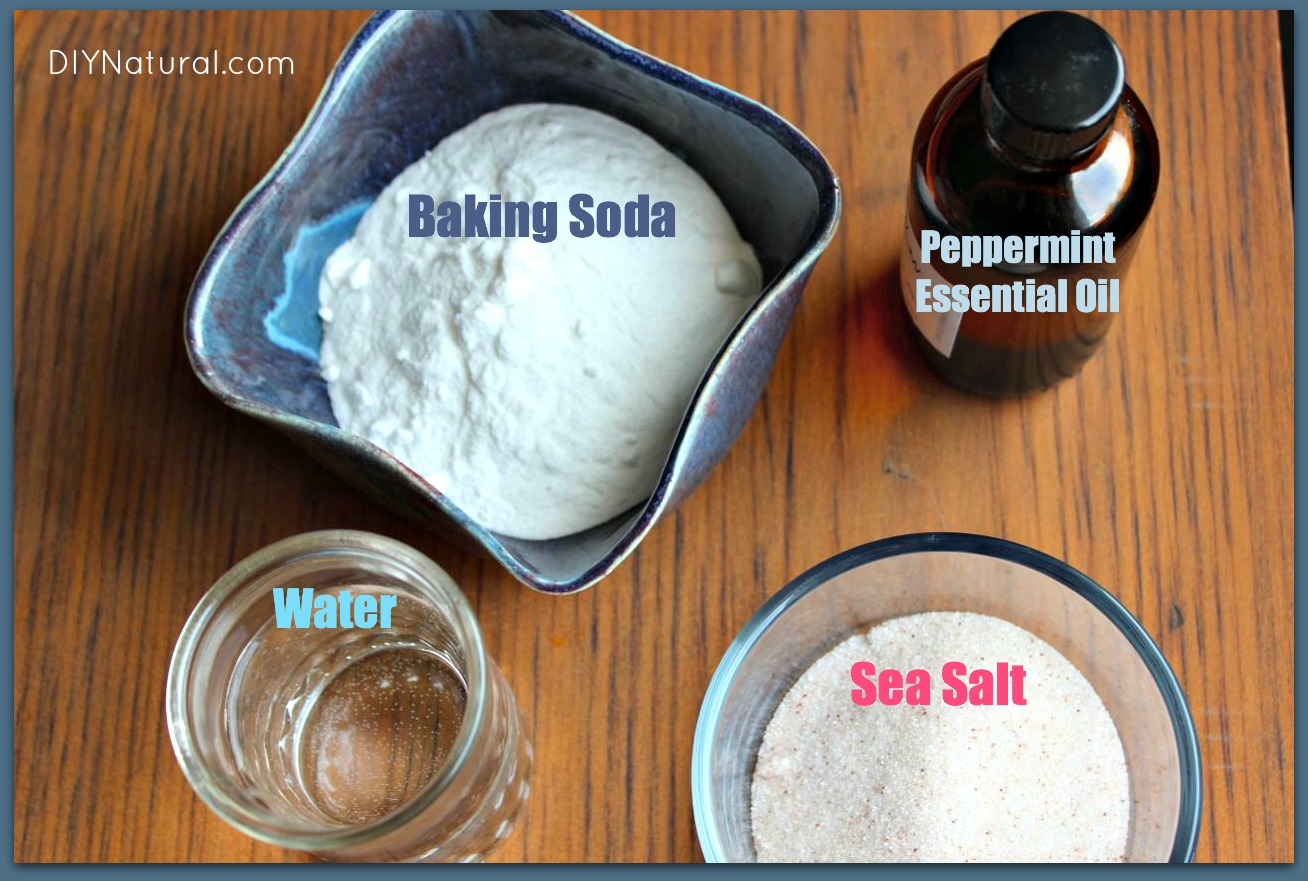
If you must be away from home and cannot brush your teeth:
- Eat crunchy snacks such as celery & carrots or chew sugarless gum with Xylitol for 3 minutes to help clean teeth.
- Eat cheese to help increase saliva as well as coat and protect teeth from harmful bacteria
-
Drink Lots of Water
Certain medications can make your mouth feel dry (eg. for high blood pressure, allergies, cough & cold) *. A chronic dry mouth is more at risk for cavities.
Always:
- Drink lots of warm water to help clean your mouth and help reduce your risk for tooth decay
*Always speak to your Dentist or Family Doctor before changing or stopping any medication.
-
Relieve an Ulcer
Many mouth ulcers eg. canker sores may heal without treatment *.
Until then:
- Avoid acidic, citrus, or spicy tasting foods & drinks eg. lemon, orange juice, salsa
- Use over the counter (OTC) pain relieving medication such as Acetaminophen (Tylenol), Non-steroidal anti-inflammatory drugs (NSAIDs) including, Ibuprofen (Motrin, Advil), Naproxen (Aleve, Naprosyn) and/or use pain relieving, numbing gels (eg. Orajel, Anbesol)
*Always contact your Dentist if ulcer remains or worsens in 2 weeks.
-
Ease Mouth Pain
Mild tooth sensitivity (eg. worn enamel) or mouth pain (eg. cheek or lip biting), may be treated symptomatically at home* by:
- Sucking ice chips/pops or applying cold packs to the area where appropriate
- Applying clove oil onto a cotton swab and wiping the area to help reduce inflammation and pain
- Using pain relievers, numbing gels (see “Relieve an Ulcer”)
- Applying a pea-sized amount of anti-sensitivity toothpaste (eg. Sensodyne Rapid Relief, Colgate Sensitive Pro- Relief) to a clean finger and rub gently onto sensitive tooth after brushing and flossing – leave for at least 1 minute before eating or drinking, best before bed**
*Any new or worse toothache or tooth sensitivity should be discussed with your Dentist.
**Not suitable for tooth decay, contact your Dentist
-
Reduce Creaking or Clicking Sounds in Jaw
Home treatment for tooth grinding jaw sounds or pain include:
- Reduce stress (eg. listen to music, warm bath or exercise)
- Don't use electronic gadgets before or in bed.
- Don't drink soda, alcohol, or caffeine before bed
- Put warm towel or pack on sore muscles,
- No hard or dense foods (eg. nuts, steak),
- No persistent gum chewing or resting on jaw
- Drink plenty of water
Discuss with your Dentist if symptoms remain or worsen
DON'T
DO
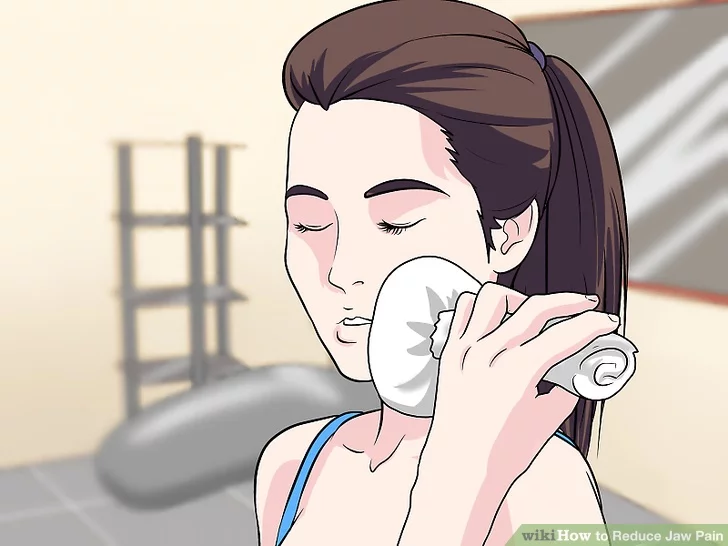
-
Ease Denture Pain
Denture wearers or clients with braces may have mouth pain from loose or sharp edges from denture, brackets or arch wires. Minor mouth sores may not warrant a visit to the dental office especially with social distancing guidelines.
What you can do at home:
- Use OTC denture adhesive to reduce denture movement in the mouth
- Remove denture nightly, clean and put in denture container with water or mouthwash
- Remove denture to clean both your mouth & denture after every meal
- Do not eat citrus, spicy, salty or hard crunchy foods
- Eat soft cooked, easy to swallow healthy meals eg. cooked vegetables, pasta, soup, yogurt
- Rinse you mouth with a glass of warm water mixed with 1/2 teaspoon table salt after meals
- Apply numbing mouth cremes (eg. Orabase Paste) to sore after meals
- Orthodontic brackets and wires can be covered with soft wax until you can see your dental professional – do not attempt to cut or adjust brackets or wires at home
- Take OTC pain relievers (eg. Acetaminophen, NSAID)
Always contact your Dentist or Dental-Care Provider if symptoms do not improve or worsen in 7-10 days
-
Use A Good Toothbrush
Worn toothbrush heads can't safely clean teeth and gums.
- Always change your brush if bristles are worn.
- Always replace your toothbrush if you have had a recent cold or flu
- Store your toothbrush head where it doesn't touch another used toothbrush
- Never share your toothbrushes, soft cloth can be used to wipe teeth & gums, consider for young children and elderly
- Store your toothbrushes in a clean disinfected area close to where you will use & away from open toilets.
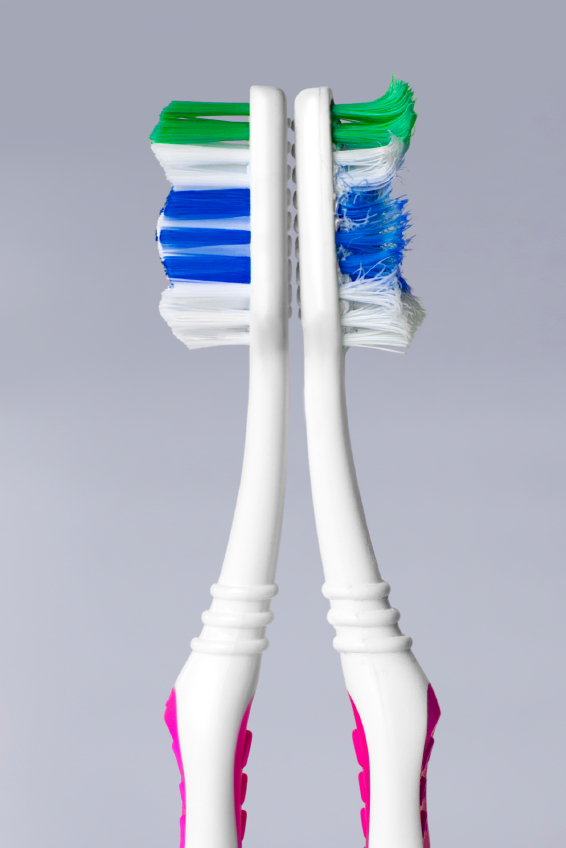
In this time of global pandemic, it can be easy to forget simple but important routines for our wellbeing.
Regularly practice these habits to help maintain your oral health at home.
Wishing you good health from your Dental Team partners.



References
- Canada.ca/coronavirus
- https://www.rcdso.org/en-ca/home
- Webmd.com/drugs/2/drug-4570/hydrogen-peroxide-mucous-membrane/details
- Onlinelibrary.wiley.com/doi/full/10.1111/ijcp.12707
https://www.cda.org/Portals/0/pdfs/fact_sheets/xylitol_english.pdf

